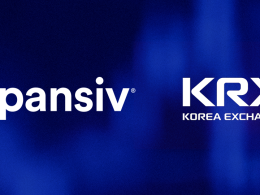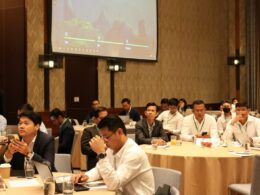Facing a $4 trillion annual shortfall in development finance and the growing threat of trade wars, top UN officials have issued a stark call for urgent international action to rescue the faltering Sustainable Development Goals (SDGs) and restore global cooperation.
Speaking at the ECOSOC Forum on Financing for Development in New York, UN Secretary-General António Guterres, General Assembly President Philémon Yang, and ECOSOC President Bob Rae warned that without decisive intervention, the world risks backsliding further on poverty eradication, climate action, and sustainable economic growth.
“This year’s ECOSOC Forum comes at a pivotal moment,” Guterres said, cautioning that multilateral cooperation is under severe strain. He cited escalating trade tensions and mounting protectionism as a “clear and present danger” to the global economy, particularly for vulnerable nations. “In a trade war, everybody loses – especially the most vulnerable.”
Guterres also noted that falling aid levels and rising borrowing costs have left many developing countries unable to invest in critical public services, putting the SDGs “dramatically off track”. With just five years remaining until the 2030 deadline, he urged countries to accelerate commitments and deliver bold outcomes at the forthcoming Fourth International Conference on Financing for Development in Seville.
ECOSOC President Bob Rae reinforced the urgency, highlighting that over three billion people live in countries where debt servicing outpaces spending on health or education. “We desperately need a more affordable debt architecture – it’s that simple,” he said.
Rae also defended the role of international trade, amid growing tariff measures by major economies. “Trade is not a four-letter word,” he argued, urging nations to embrace fair and open trade as a vehicle for reducing poverty and fostering shared prosperity.
General Assembly President Philémon Yang warned that rising debt burdens and restricted fiscal space have left many developing nations on the brink of default. Over 50 countries now allocate more than 10% of their revenues to debt servicing, with 17 exceeding 20%. “Our inability to reform the international financial architecture is severely restricting capital access,” he said.
The officials called for a range of urgent reforms, including strengthening multilateral development banks, expanding domestic revenue mobilisation, addressing illicit financial flows, and forging new public-private financing partnerships.
Looking ahead to the Seville conference in June, Guterres outlined three priorities: resolving unsustainable debt, unlocking new sustainable finance, and reforming global financial institutions. “We must shift into overdrive,” he urged. “Time is of the essence.”





















